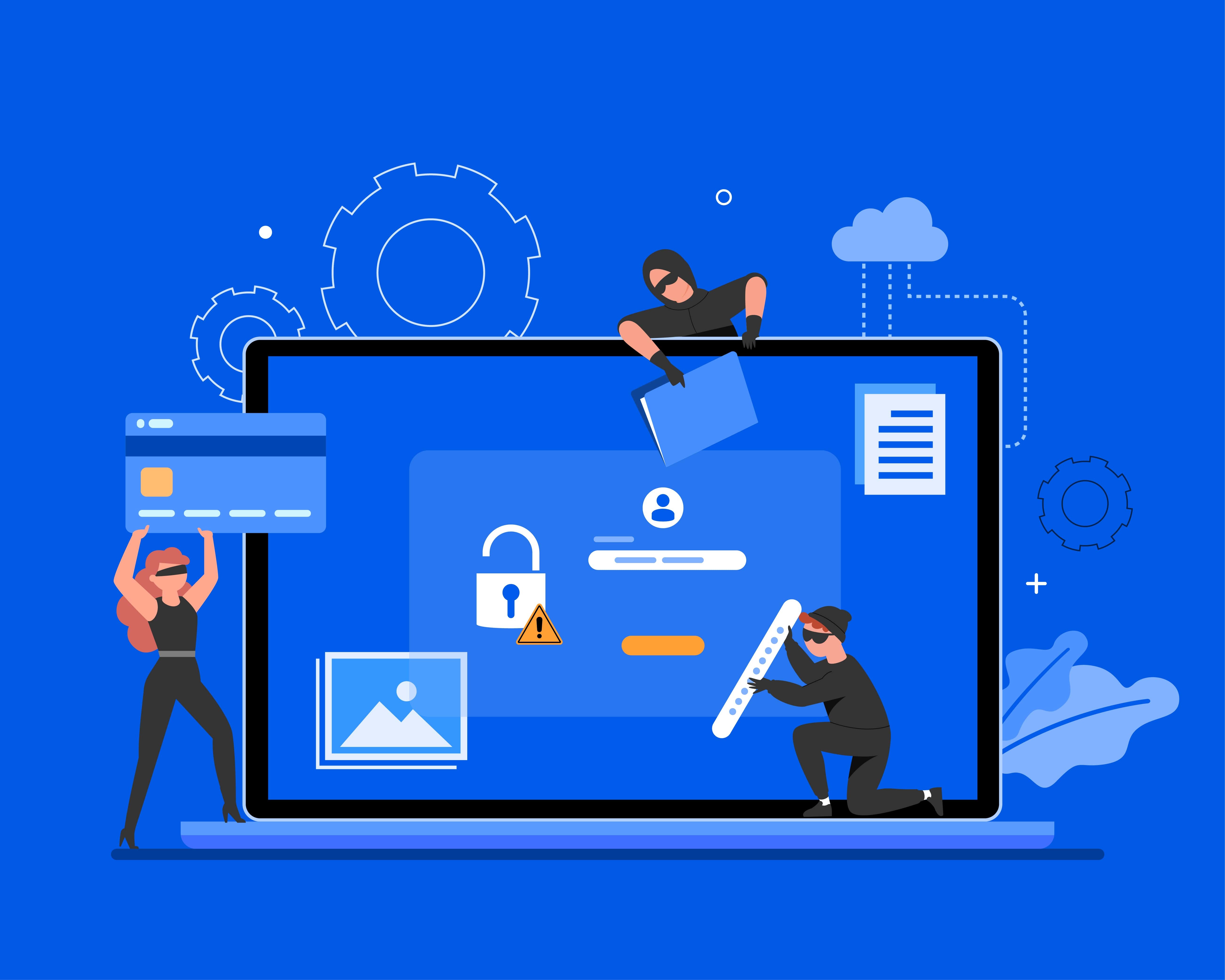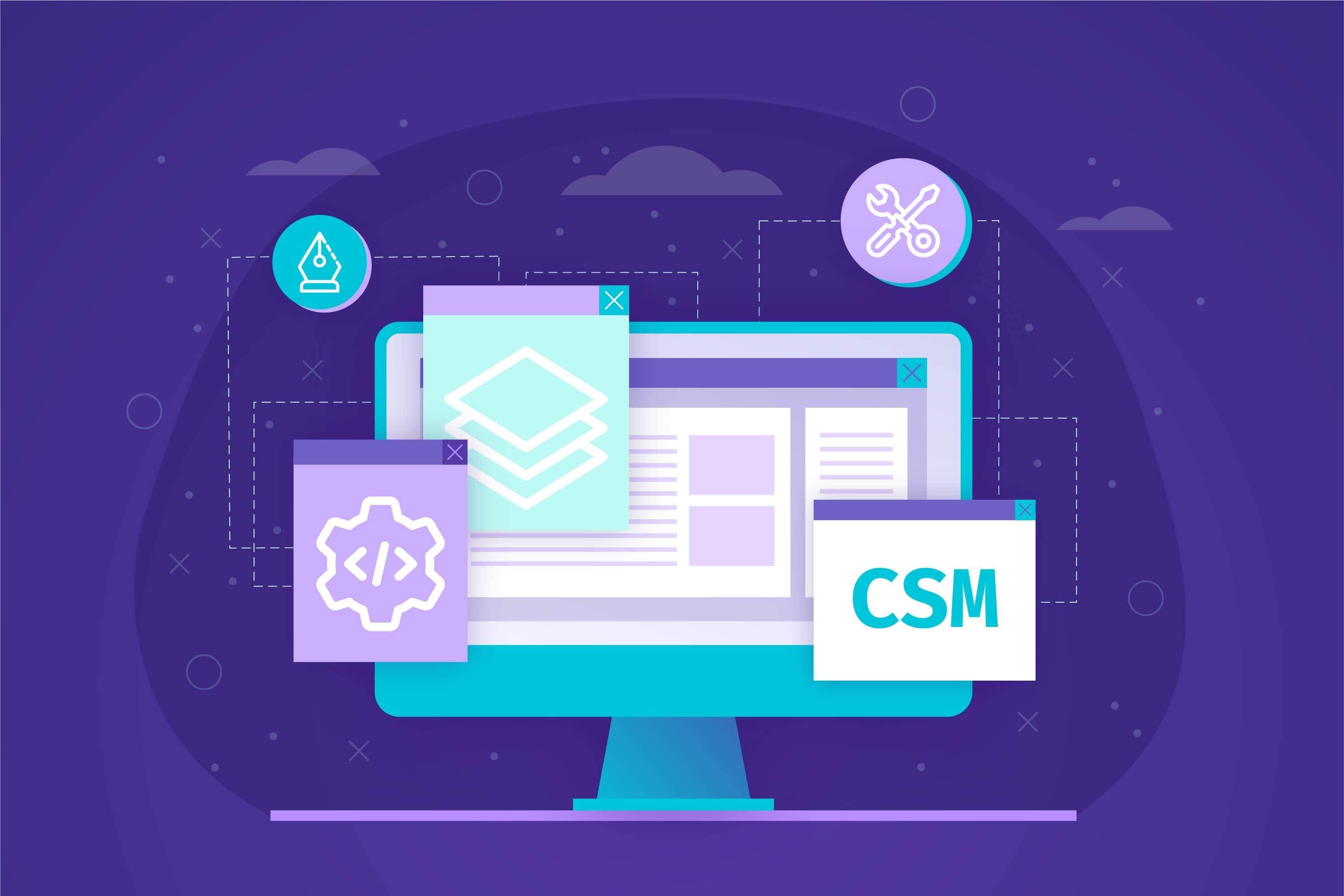
Website Security Products Every Partner Should Offer
There’s no shortage of valuable website security products on the market, each of which is designed to address common cybersecurity risks that threaten your customers and their online presence.
This abundance of security products comes as no surprise in our digitally connected age. According to the International Data Corporation, by 2025 nearly 56 billion devices will be connected to the internet throughout the world. Meanwhile, Cisco estimates that the number of distributed denial-of-service (DDoS) attacks will nearly double from 7.8 million in 2018 to 15.4 million in 2023. In other words, more connected devices means more opportunities for cyberattacks—so offering your customers strong website security is crucial as a trusted advisor.
Read on to learn which website security products should always be included in your product portfolio.
Website Security Products Every Partner/Provider Needs
Surveying the threat landscape, you might wonder what you can do to stand out from others while reinforcing your role as a trusted security advisor. The answer is simple. Being competitive means ensuring your website security offering addresses two critical areas: the constantly shifting threat landscape, and your customer’s website security pain points.
As a trusted security provider, it's important to offer customers a comprehensive portfolio of website security solutions. We’ve compiled a list of solutions that address today’s most common website security concerns and should be part of any SMB’s security strategy. These include:
- Automated Malware Scanning and Remediation: This solution quickly and automatically scans for malware, instantly remediating any identified malware to keep sites more secure around the clock.
- Vulnerability Patching: This tool identifies, removes, and fixes new vulnerabilities as they arise, offering additional security and protection.
- Website Backup: Website backups help customers encrypt a snapshot of their website’s important files, folders, and databases. These can then be stored in a secure location and reverted to if someone discovers a critical security flaw.
- Web Application Firewall (WAF): WAFs protect customer websites against distributed denial-of-service (DDoS) attacks, where attackers band together to take a site down by disrupting its offered services.
- Secure Socket Layer (SSL): This security protocol provides privacy, authentication, and integrity to all network communications. SSLs ultimately provide more (and better) security to the data which is transferred between a web browser and server.
- Virtual Private Network (VPN): VPNs establish a secure connection for your customers, routing their data traffic through an encrypted channel. The customer’s IP address is then disguised to hide their location from everyone—better securing them against external attacks.
- Spam Filtering: This solution surveys the user’s inbox to check for any unsolicited emails which contain malware attachments or links to virus-infected emails. It then prevents those messages from making their way into the user's inbox, so customers won’t be able to access harmful web resources.
- Compliance and Data Privacy: These tools give customers an in-depth look at the status of their data compliance, regularly monitoring their environment with automated checks based on industry best practices and standards.
Better Education, Better Website Security
Providing excellent website security products is only half the equation. When it comes to delivering long-term value, it's important to ensure your customers are properly educated and fully aware of critical website security risks. Engage them in conversation and help them make informed decisions that drive a strong security posture.
Now that you know which security products to offer customers, discover the proven benefits of partnering with SiteLock, a leader in website security.





